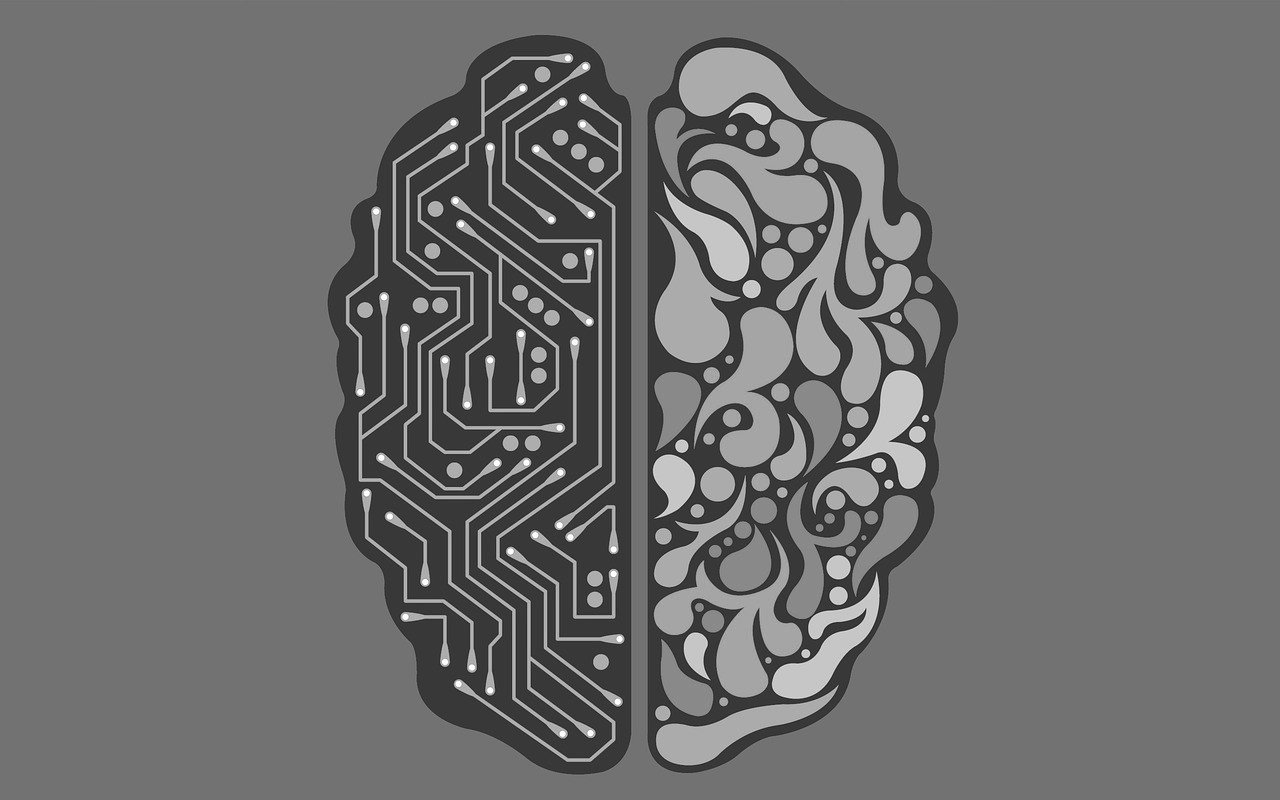What’s the potential of AI-based language systems for seed sector advocacy?
The launch of ChatGPT received recently a lot of publicity. The chatbot relies on GPT-3, a language model trained on about 10 million words from different sources. This subfield of artificial intelligence (AI), “generative AI” creates new content based on patterns it has learnt from existing data. There is no reason to believe ChatGPT is not being used extensively already in text writing. So one can wonder what will be the possible implications of generative AI on competencies, communication, and advocacy?

Will AI-based language machines outperform you?
ChatGPT (Generative Pre-trained Transformer) was launched in November by the U.S.-based research lab OpenAI. It is an open access AI writer that briefly answers questions. If you are unsatisfied with the result, you simply ask the system for a new answer. ChatGPT’s creators taught the chatbot to communicate through examples of dialogues between people, and fine-tuning is done through human feedback. The system can also summarize, translate, restructure and correct text in different languages.
In a nutshell, ChatGPT generates new content that closely resembles existing content because the language model will predict the most likely next word in certain contexts. Besides text-to-text, other types are available such as audio-to-text, text-to-image etc. Check out the online database of existing Generative AI-tools: https://bit.ly/3TUKUwg.
But what are the possibilities of AI-based language machines for the seed sector? Based on my experience, I think there are three key elements that could be useful for advocacy. First, it can be used as an alternative search engine for advanced information retrieval from the internet. Second, it can assist you in adapting professional language, making it more accessible to specific target audiences. Third, it can be used it as a creative writer: from creating a “classic Donald Trump” tweet to a haiku poem.
No, it will not (yet) outperform you because it still has some serious limitations.
It is important to be aware that in terms of content, the information ChatGPT generates is unreliable. This feature in the AI world is being referred to as “hallucination”. For instance, ChatGPT will generate references to scientific papers by imitating their typical patterns. Furthermore, ChatGPT has limited reasoning abilities, because the language model is not built on explicit logic. The answers may also contain biases, because of the biased references used to train the system. Finally, ChatGPT will generate little or no information on events from January 2022 onward, because it has only been provided with data covering events until 2021, and is not linked directly to the Internet.
What can be expected from generative AI in the near future?
AI-based language machines will soon access the internet to integrate more recent data into the answers you get. Moreover, search engines are building variants of ChatGPT into their search systems, in order to provide AI-generated answers as well. Microsoft has integrated its own variant of ChatGPT into its Bing search engine directly linked to the Internet, and Google has launched an alternative to ChatGPT, namely Bard.
Users can purchase certain formats that allow them to develop their own tools supported by AI-based language models. For instance, there are already AI applications for copywriting, for social media, for writing legal texts, etc. To get an idea of AI adoption, have a look at the growing number of tools with integrated AI here: https://bit.ly/3TV394G. Specifically, Microsoft is working on integrating the chatbot into its Office applications such as Word and PowerPoint. Meanwhile, OpenAI has launched the successor to GPT-3: GPT-4, which you can use if you are subscribed to ChatGPT Plus for a monthly fee of $20.
It has become clear that whether you like it or not, we will have to ‘deal’ with AI-based models. However, it remains unclear what the impact will be on you, your work and on society. It will be interesting to keep a close eye on the developments and impact of AI! How was your experience?











